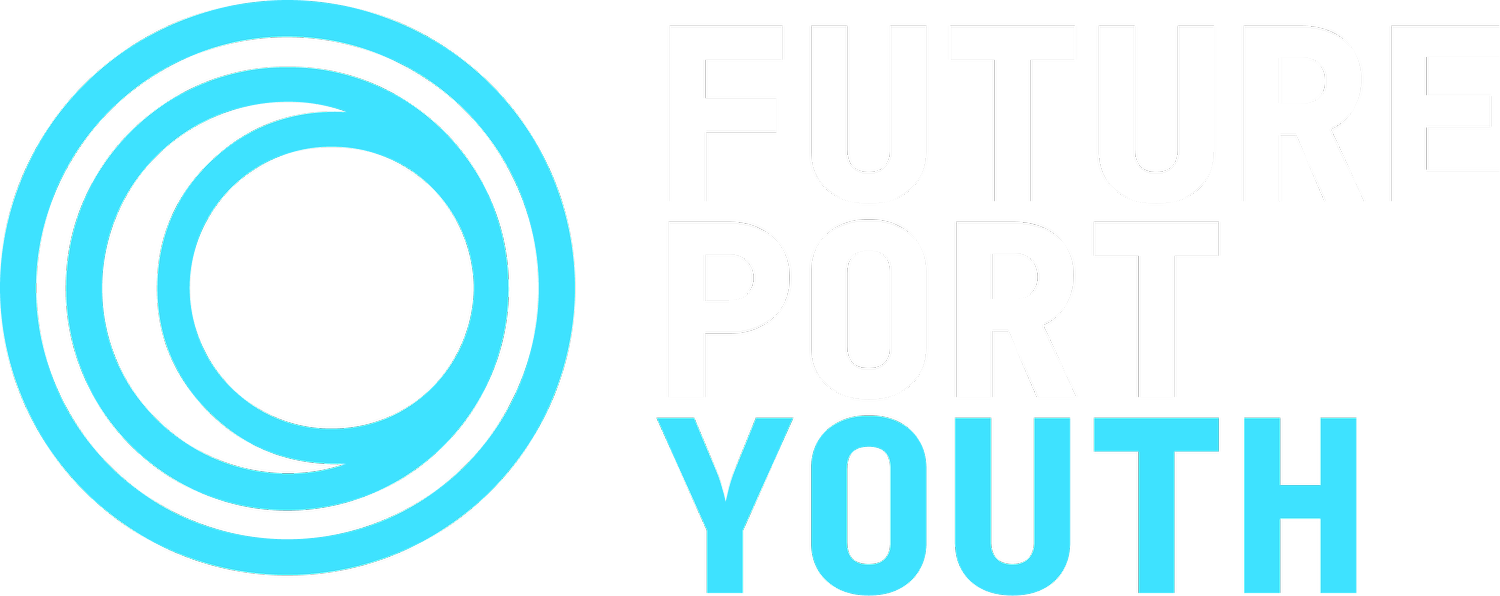Lyma Agritechnologies (KE)
School: African Leadership University
Lyma Agritechnologies is pioneering a transformative initiative that harnesses the power of blockchain technology to address critical global challenges while advancing the United Nations Sustainable Development Goals (SDGs). Focused primarily on Goal 2 (Zero Hunger) and Goal 12 (Responsible Consumption and Production), this project aims to revolutionize the food supply chain in East African markets, ultimately benefitting local communities and international consumers alike.
In East Africa, a significant portion of food is wasted due to an inability to prove quality and meet stringent global market standards. Lyma Agritechnologies recognized this issue and sought to bridge the gap by implementing a blockchain-based system that enables comprehensive tracking and verification of food items throughout their entire lifecycle.
At the heart of the initiative is the utilization of blockchain technology. By recording essential data such as planting practices, care routines, post-harvest handling, and storage conditions on a secure and transparent blockchain ledger, Lyma ensures that each food item's journey is accurately documented. This provides assurance of compliance with quality standards and enables immediate traceability from farm to table.
Key features of the project include:
Quality Assurance: Through real-time monitoring and verification of quality standards, farmers can increase the value of their produce, thereby improving their livelihoods. This addresses Goal 2 (Zero Hunger) by reducing food insecurity and promoting sustainable agricultural practices.
Reducing Food Wastage: By minimizing the amount of food wasted due to quality concerns, the initiative aligns with Goal 12 (Responsible Consumption and Production). Approximately 30% of food that would otherwise go to waste due to quality uncertainties can now be saved, benefiting both local and international consumers.
Consumer Empowerment: Lyma Agritechnologies provides consumers, both local and international, with access to detailed information about the origin and quality of the food they consume, supporting Goal 12 by promoting informed and responsible consumption.
As a personal project, I and my co-founder did intensive research involving about 15000 small and medium-scale farmers who can produce globally competitive fruits (our case study involved avocados and tomatoes) and essential grains (Maize, beans, lentils, and wheat). I was also privileged to visit several agriculture startups and farms in Denmark (Danish Agro) and Switzerland this summer. Our research and my personal experience are a testimony to the extreme difference in output per acre in the European farmlands compared to those in Kenya. Additional factors like undefined supply chains add to the possibility of mass wastage as products may exceed demand or not find their way to the available global market due to lack of proof of quality.
Lyma Agritechnologies' innovative use of blockchain technology not only enhances the quality and traceability of food items but also contributes significantly to the UN SDGs by reducing food wastage, empowering local farmers, and promoting responsible consumption. This initiative serves as a model for leveraging technology to create positive societal and environmental impacts within the global food supply chain.
Sustainable Development Goals:
Goal 2 - Zero Hunger: The project addresses the issue of food insecurity by improving the quality and marketability of food produced by local farmers in East Africa. By providing farmers with the tools to meet stringent quality standards, it enhances the value of their produce, reducing the likelihood of food going to waste due to quality concerns. This not only increases farmers' income but also ensures that more food reaches consumers, ultimately helping to combat hunger and food scarcity in the region.
Goal 12 - Responsible Consumption and Production: The project aligns with this goal by promoting responsible and sustainable practices in the food supply chain. It significantly reduces food wastage, as approximately 30% of food that would otherwise be discarded due to quality uncertainties can now be saved and consumed. Additionally, it empowers consumers by providing them with transparent and accurate information about the origin and quality of the food they purchase, enabling informed and responsible consumption choices.
